Judicial independence: a priority that has not yet become a reality
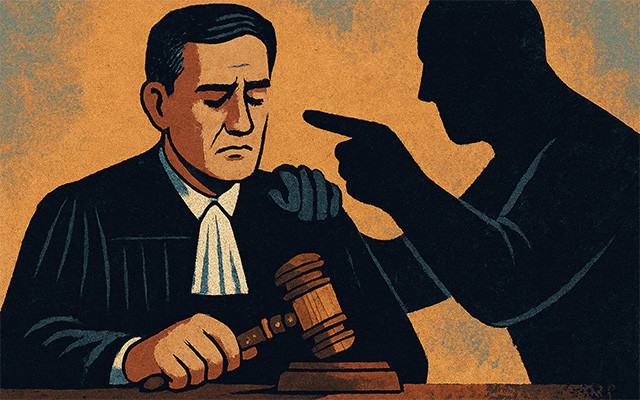
Protecting judges from interference is a priority, but its effectiveness in practice raises questions. The High Council of Justice discussed ensuring judicial independence and the authority of justice.
On April 11, a meeting of the HCJ working group on the development and implementation of measures to ensure judicial independence and the authority of justice was held.
In addition to HCJ members, the working group includes representatives of the High Qualification Commission of Judges of Ukraine, the Council of Judges of Ukraine, the Office of the Prosecutor General, the Secretariat of the High Council of Justice, the Public Integrity Council, and the Interregional Expert Center Pro Justice. The Bar was represented by Valentyn Gvozdiy, the Vice President of the Ukrainian National Bar Association and the Bar Council of Ukraine.
Viktor Horodovenko, a judge of the Constitutional Court, representative of Ukraine in the Advisory Council of European Judges, presented the CCJE's conclusions on international standards of the judiciary and guarantees of judicial independence. He reminded that this year marks the 25th anniversary of the adoption of the first CCJE opinion «Standards of Independence of the Judiciary». Despite the fact that the CCJE's opinions are classified as «soft law», due to their consistent application by the European Court of Human Rights, they have gained normative force and serve as guidelines for justice reforms in many countries.
The members of the working group also heard information on the status of implementation of the Action Plan for the implementation of the European Commission's recommendations for the effective functioning of the judiciary. Vladyslav Hurtenko, Head of the Department for International Cooperation and Interaction with Public Authorities of the HCJ Secretariat, made a presentation.
Member of the High Council of Justice Oleksandr Sasevych informed about the completion of an anonymous survey of judges initiated by the working group in November 2024. The purpose of the survey was to study the perception of judicial independence by judges themselves and to identify problematic issues that need to be addressed. The survey involved 588 respondents, which is 12.44% of the total number of judges administering justice (according to the High Qualifications Commission of Judges of Ukraine, as of January 1, 2025, there were 4,723 judges).
During the period from December 23, 2024 to March 31, 2025, the Service of Disciplinary Inspectors received 13383 disciplinary complaints. These statistics were provided by the Head of the Service, Taras Kuzyk, and his deputy, Viktoriia Nedybaliuk. They said that during this period, disciplinary inspectors reviewed 2,273 complaints individually and by disciplinary chambers (based on the findings of disciplinary inspectors), while the balance of unreviewed complaints is 1,110.
The members of the working group considered it appropriate to initiate the issue of amending the current legislation, in particular the provisions obliging judges to report interference in their activities to the High Council of Justice and the Prosecutor General. The basis for the discussion of this issue was the generalized data received from the Prosecutor General's Office and regional prosecutor's offices on the results of pre-trial investigations and court proceedings based on judges' reports of interference in the administration of justice. From November 12, 2016 to December 31, 2023, 2,167 such reports were received.
According to Olena Fonova, a judge of the Economic Court of Luhansk Oblast, 430 criminal proceedings on interference with the judiciary were initiated over the previous five years, 19 proceedings were referred to court, and only one court decision was made. This indicates the ineffectiveness of the mechanism provided for in Article 48(4) of the Law «On the Judicial System and Status of Judges» and the urgency of its revision.
Serhiy Prylutskyi, Head of the HCJ Legal Department, drew attention to the difficulty of implementing effective measures in the absence of criminal liability that would strengthen the protection of judges from interference and enhance the authority of justice.
«Protecting the independence of judges is not just a declaration, but a prerequisite for maintaining trust in justice and the state as a whole, - said V. Gvozdiy, commenting on the results of the group's meeting. - However, current statistics show that the current tools for combating interference in the work of judges are working formally. Thousands of reports that have no consequences only increase distrust in the system and devalue the very notion of judicial independence».
In his opinion, against this background, initiatives aimed at revising the legislation governing response mechanisms are of particular importance. «But it seems that the problem is not the lack of rules, but the weakness of the state's response to their violation. The lack of criminal liability for interventions that actually work remains a significant gap, - the Vice President of the UNBA, BCU is convinced. - And until this gap is closed, the slogans about the independence of the judiciary will remain at the level of working groups, not practical guarantees».
Popular news
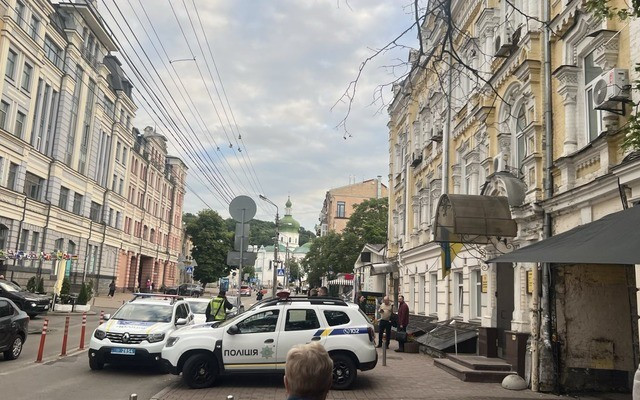
Advocacy
Mobilization of advocates in court: UNBA records another case of pressure
The Ukrainian advocacy has once again faced extrajudicial influence on advocates with the aim of obstructing the exercise of their legitimate powers related to the provision of professional legal assistance to clients.
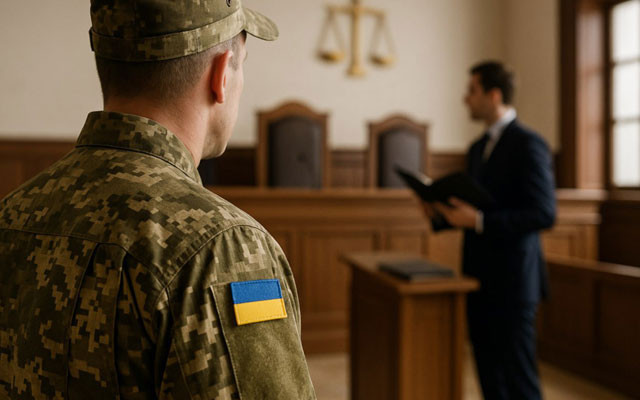
Advocacy
Does the mobilization of a lawyer violate the human right to defense - conclusion of the Supreme Court
Article 335 of the CPC provides for the suspension of court proceedings only in cases where the accused was called up for military service during mobilization. However, this provision does not apply to the mobilization of a defense counsel.
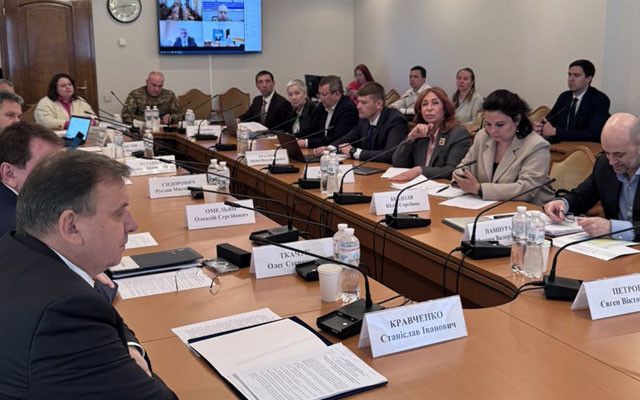
Advocacy
Shoulder straps do not fit the robe: Lidiya Izovitova analyzes models of military courts restoration
The Verkhovna Rada Committee on Legal Policy held a working meeting to discuss draft laws that provide for the establishment and operation of military courts in Ukraine on a permanent basis. The Institute of Advocacy presented its reservations regarding this initiative.
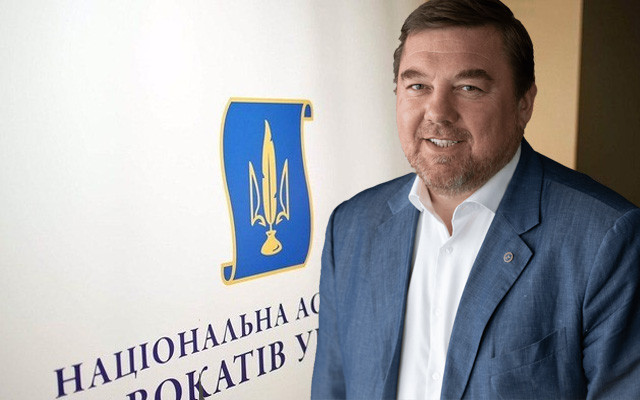
Advocacy
UNBA Committee for the protection of advocates' rights responds to accusations regarding the case of «hacker lawyers»
Dzerkalo Tyzhnia's publications about «hacker lawyers» contain false information, distortions and manipulations that undermine the authority of the Bar. They are a form of unlawful pressure on the UNBA and may be an element of a paid-for campaign.
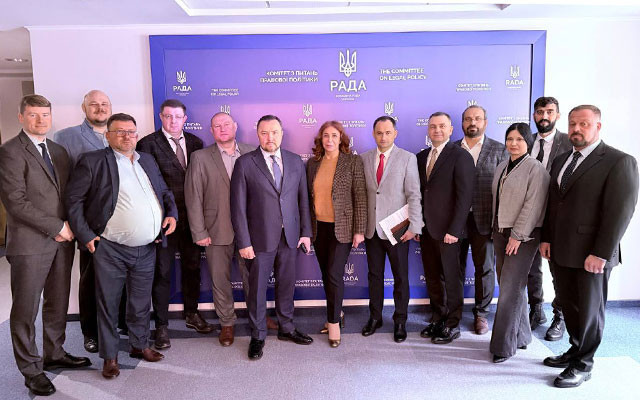
Advocacy
Problems of implementation of the Convention on the Protection of the Profession of Lawyer discussed in the Verkhovna Rada
On April 16, the Verkhovna Rada Committee on Legal Policy held a joint working meeting to discuss the feasibility of implementing the provisions of the Council of Europe Convention on the Protection of the Profession of Lawyer and introducing the necessary amendments to the current legislation.
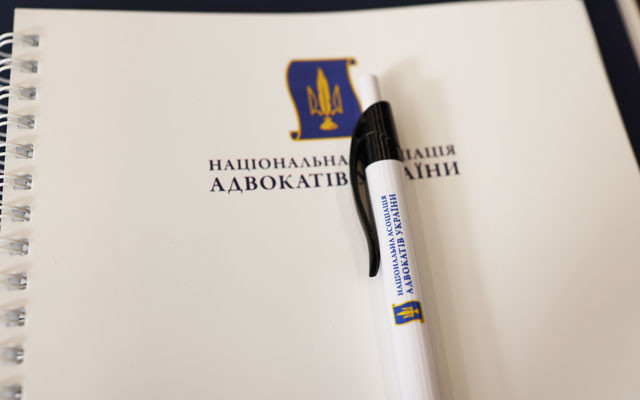
Advocacy
The BCU creates a working group to monitor violations of the rights of lawyers and will consider appealing to the Verkhovna…
During an extraordinary meeting on April 16, 2025, the Bar Council of Ukraine decided to establish a working group to monitor and summarize the facts of violations of the rights of lawyers and guarantees of the practice of law over the past three years, including the situation with the detention of lawyer Olga Panchenko.

Advocacy
Judicial independence: a priority that has not yet become a reality
Protecting judges from interference is a priority, but its effectiveness in practice raises questions. The High Council of Justice discussed ensuring judicial independence and the authority of justice.
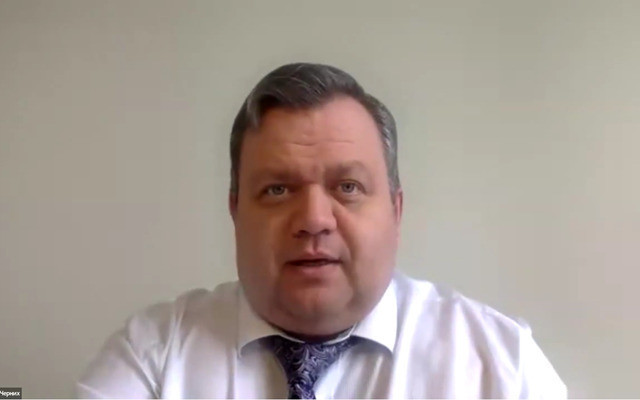
Advocacy
Temporary protection, work, study: what Ukrainians should know about France and UK
What is the procedure for obtaining temporary protection status in France and the UK? When can it be refused and is it possible to appeal such a decision? What are the options for legalization and change of status? What about employment, education and business opportunities?
Publications

Ihor Kolesnykov A BRIEF SUMMARY REGARDING THE APPLICATION OF THE ORDER ON EXTENDED CONFISCATION IN LATVIA REGARDING FINANCIAL ASSETS OF…

Valentyn Gvozdiy WORKING IN A WAR ZONE

Lydia Izovitova Formula of perfection

Sergiy Vylkov Our judicial system is so built that courts do not trust advocates

Iryna Vasylyk Advocacy in the proclamation of Independence of Ukraine

Oleksandr DULSKY When we cross the border of the Supreme Anti-Corruption Court, we get into another department of the National Anti-Corruption…

Vadym Krasnyk The UNBA will work, and all obstacles and restrictions are only temporary inconveniences

Lydia Izovitova Interview with Lydia Izovitova on the occasion of the 8th anniversary of the founding of UNBA: We are the voice of t…
